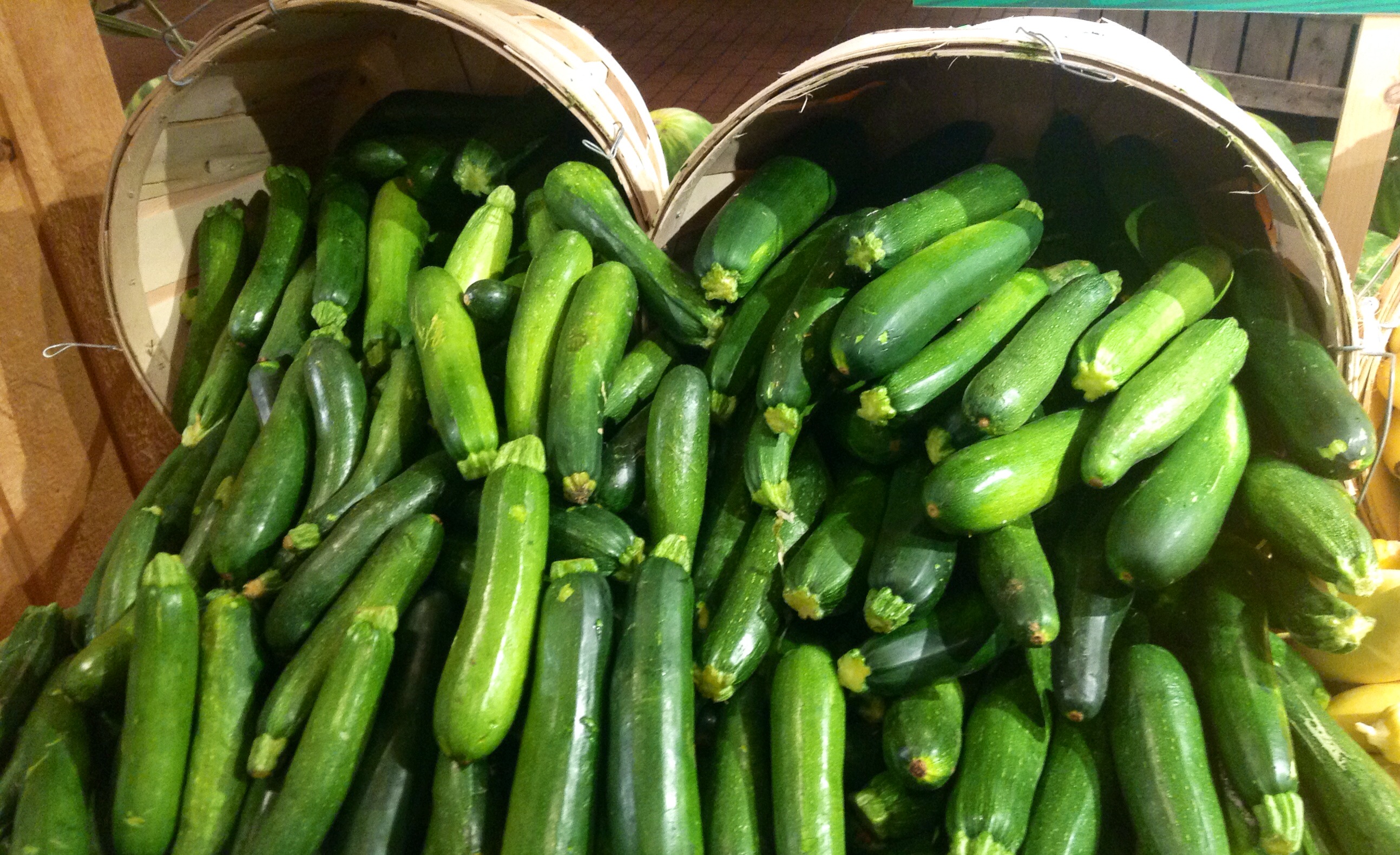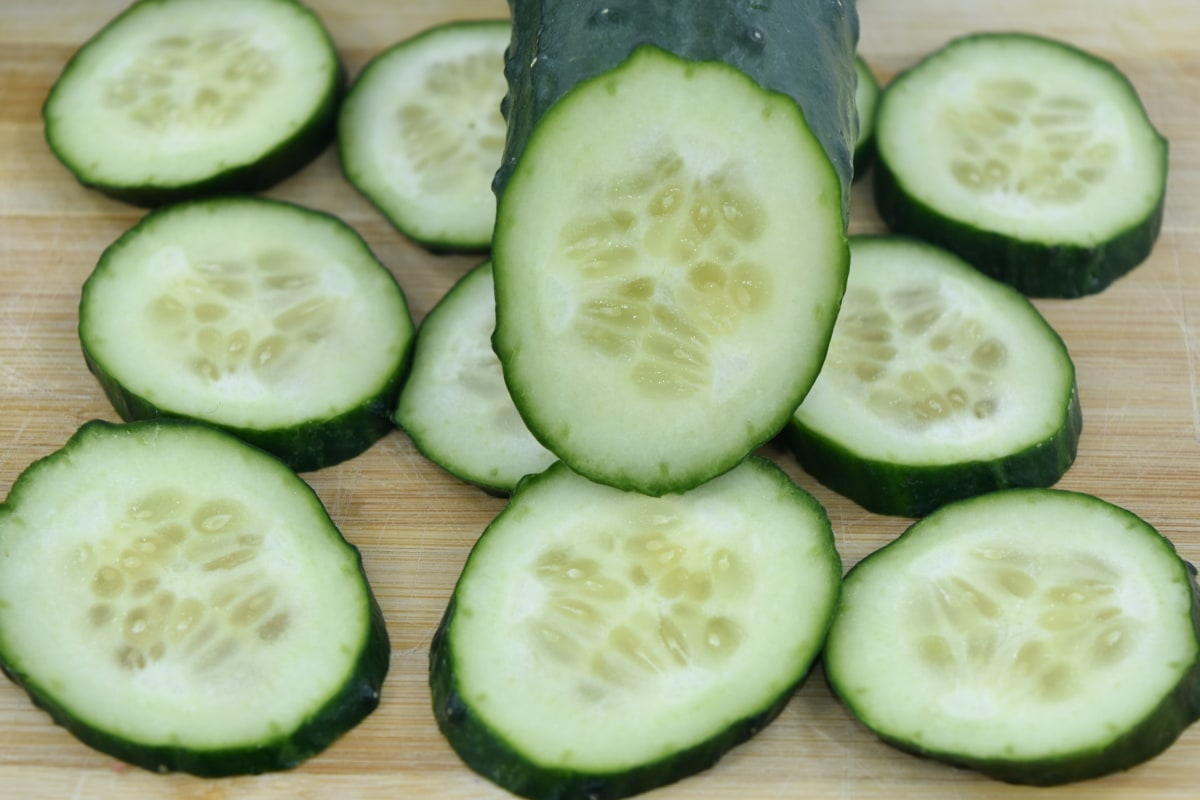
Dulse is a red alga which grows on the northern coasts of the Atlantic and Pacific Oceans. The plant has great health benefits and as of recent, it has been known a snack food in the United States.
Historically, the seaweed has been used as an important source of dietary fiber for centuries. Besides its fiber content, dulse is very high in iodine, potassium, and micro-nutrients. The sea plant has been also used traditionally to rid the body of parasites, to treat scurvy and to help thyroid function.
Dulse has been clinically proven to help with weight loss. In multiple studies, the seaweed has been proven to inhibit the growth of lipid (fat) cells in the laboratory. Utilizing the antioxidants from dulse helps to heal compromised body tissues and a host of auto-immune diseases such as multiple sclerosis, lupus, and rheumatoid arthritis.
The seaweed’s high iodine content may also help improve hypothyroid symptoms.
As said before, Dulse is known for its high iodine content. People suffering from hypothyroid symptoms need to eat natural sources of iodine to improve their condition. According to sources, hypothyroid symptoms include:
depression
hair loss
brittle and peeling nails
high blood cholesterol
weight gain or obesity
heavy periods in females
fatigue
dry skin and face
muscle aches and pains
chest pains
unusual sensitivity to cold temperatures
a lower than normal basal body temperature
headaches and migraines
constipation
Often with these symptoms, iodine deficiency is the biggest issue tied to one’s hypothyroid problems. If a person with these symptoms eat Dulse, the alkaline mineral rich plant-based iodine would help them tremendously.





